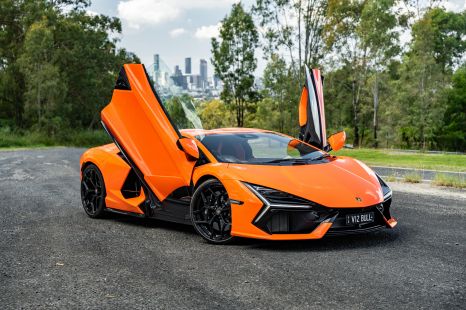

Alborz Fallah
2025 Lamborghini Revuelto review
2 Months Ago
Prices are up for the mid-size C-Class in 2024, but it generally stays true to the Mercedes sedan experience and target buyer tastes.
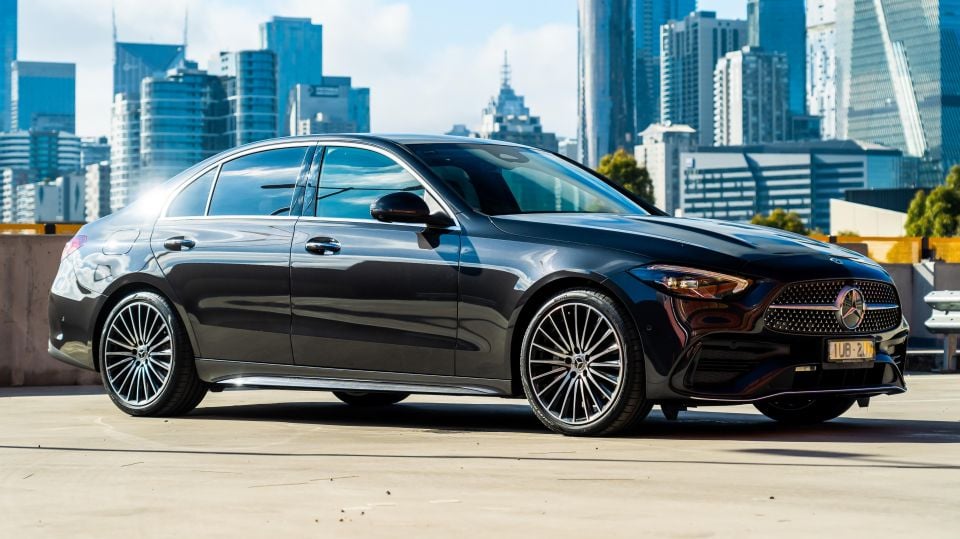
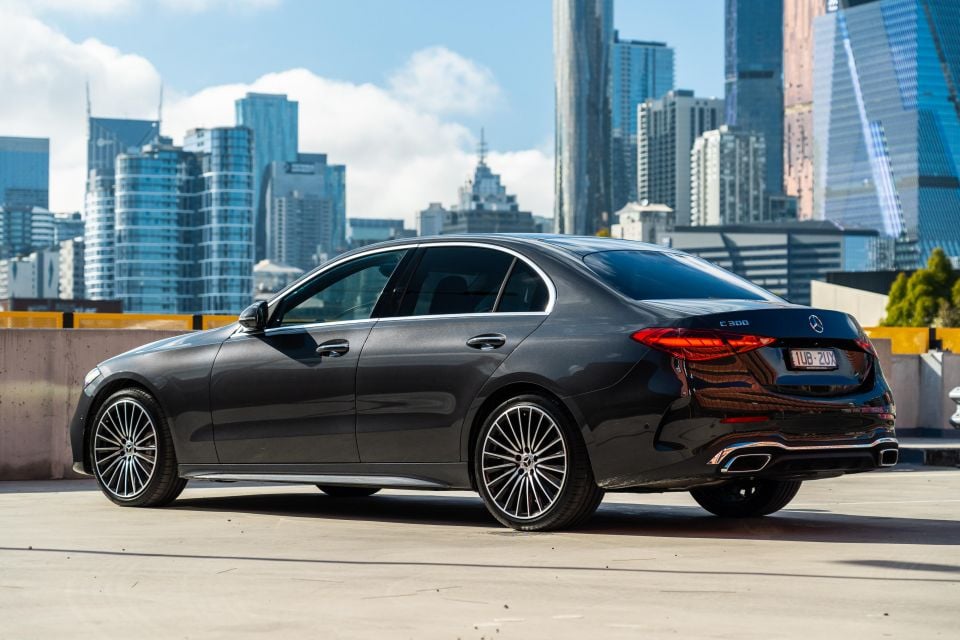

Quickly see how this car stacks up against its competition. Select any benchmark to see more details.
Where expert car reviews meet expert car buying – CarExpert gives you trusted advice, personalised service and real savings on your next new car.
Once a top seller, the C-Class is a staple but not a star in the Mercedes-Benz range.

These days the Three-Pointed Star’s mid-size executive sedan plays second fiddle to the GLC and GLE SUVs, and is often neck-and-neck in the sales race with the smaller A-Class range.
For the latest (W206) model launched in Australia in 2022, Mercedes-Benz streamlined the range in line with its agency model rollout. Prices are well up, too.
The 2024 Mercedes-Benz C 300 Sedan remains a pricey option. At $95,900 before on-road costs it’s risen by $5500 in a couple of years – making it over $100,000 on the road before you add optional colours and packages.
It’s aligned with its arch nemesis, the BMW 330i Sedan (from $94,700), but the Benz still needs a few boxes ticked to make it a proper luxury experience with all the available features and tech on offer.
With sedan sales on the decline, and the related GLC 300 SUV another $10,000 dearer than this mid-spec C-Class, is this luxury staple still worth a look?
Despite only mild electrification and increasing competition at this end of the market from mass-market EVs of similar size, the C-Class still has something to offer for the typical Benz buyer.
Prices have slowly crept up since the current-generation C-Class launched in 2022. The range now opens with the C 200 Night Edition from $86,900 plus on-road costs or $89,990 drive-away.
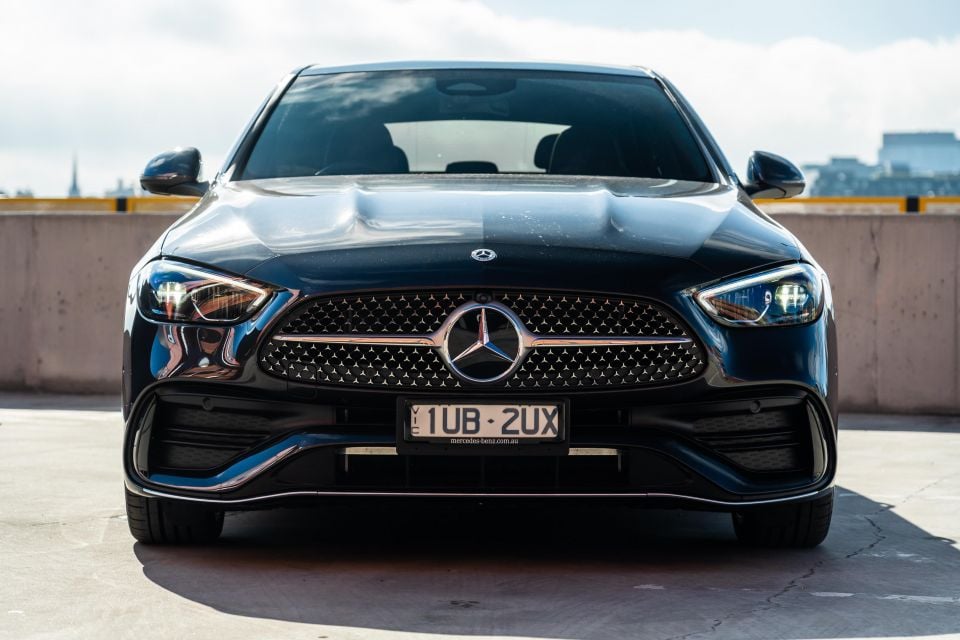
On test we have the C 300 Sedan, which currently is priced from $95,900 before on-road costs. Drive-away, you’re looking at over $100,000 – that’s a lot for a four-cylinder sedan.
| Model Variant | $RRP |
|---|---|
| 2024 Mercedes-Benz C 200 Night Edition | $86,900 |
| 2024 Mercedes-Benz C 200 | $89,900 |
| 2024 Mercedes-Benz C 300 | $95,900 |
| 2024 Mercedes-AMG C 43 4MATIC | $138,900 |
| 2024 Mercedes-AMG C 63 S E Performance 4MATIC+ | $187,900 |
Prices exclude on-road costs.
To see how the C-Class lines up against the competition, check out our comparison tool.
Buy your new car without the stress. It's fast, simple and completely free.

Great service from Travis and team, second time I have used this business would not hesitate to recommend them to anyone
Craig C.
Purchased a Ford Ranger in Sunshine Coast, QLD
CarExpert helped Craig save $7,224 on his Ford Ranger, now let us save you on your next new car.
Get your BEST priceThe C-Class impresses has a lot of showroom appeal with its big screens and sweeping dash design. It feels a lot more modern than its predecessor.
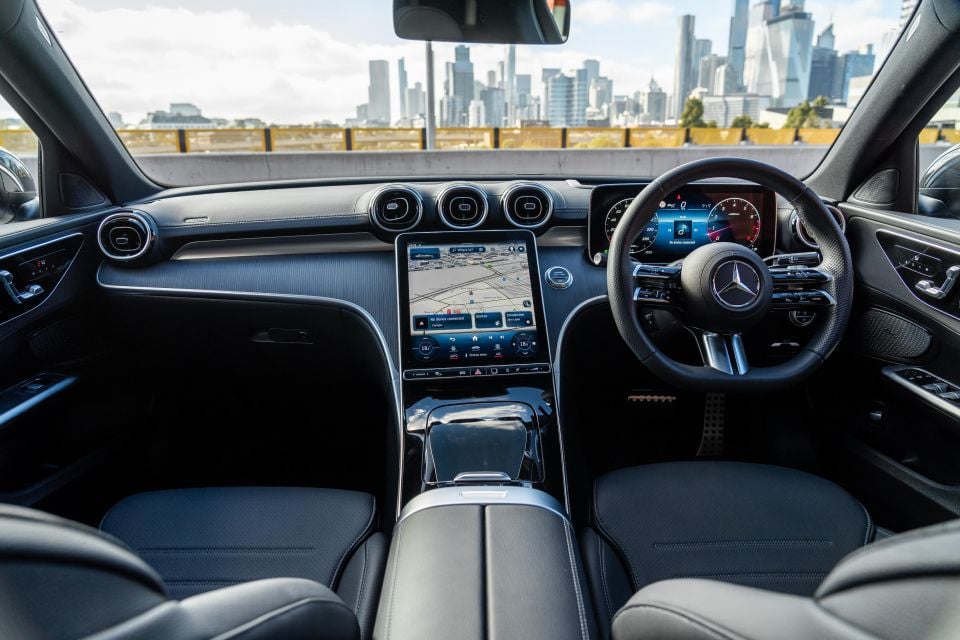
Look closer and there’s a lot of fingerprint-prone gloss black surfaces and some harder, scratchier materials used lower down in the cabin, and we’ve had issues with the sliding drawer on the centre console being grabby or squeaky.
Ahead of the driver is Mercedes-Benz’s latest steering wheel with double-decker touch-capacitive spokes and a chunky, perforated Nappa leather rim. Unlike some of the trimmings, this feels really upmarket and futuristic.
The new controls may take a bit of getting used to, though. The funny shape and small control area mean you may not always find these controls to be accurate, and at times it’s just plain annoying.
Adjusting adaptive cruise control requires a diagonal swipe on a curved surface, so I was regularly going up or down by too much or just plain pressing the wrong thing.
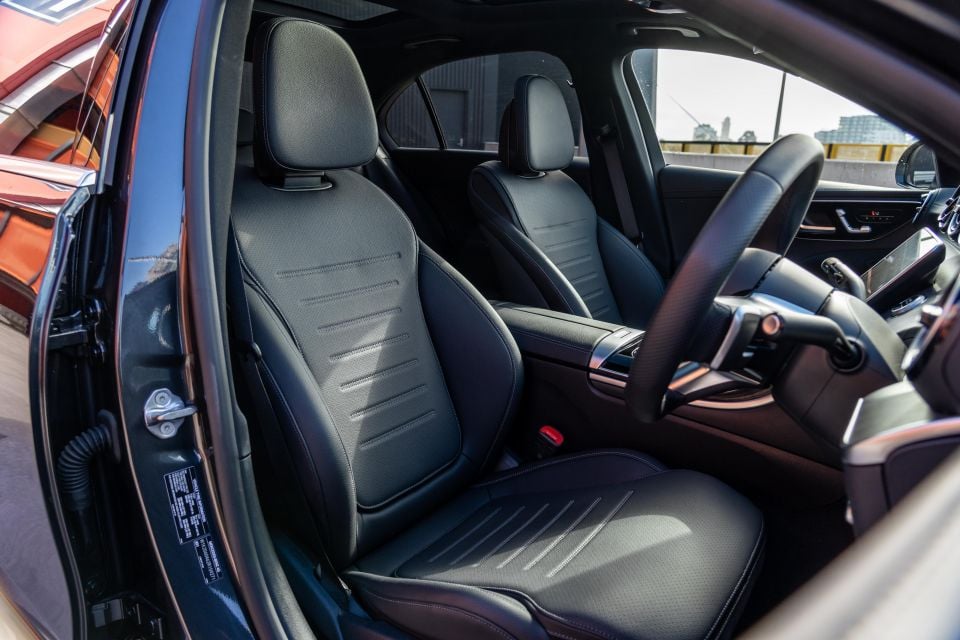
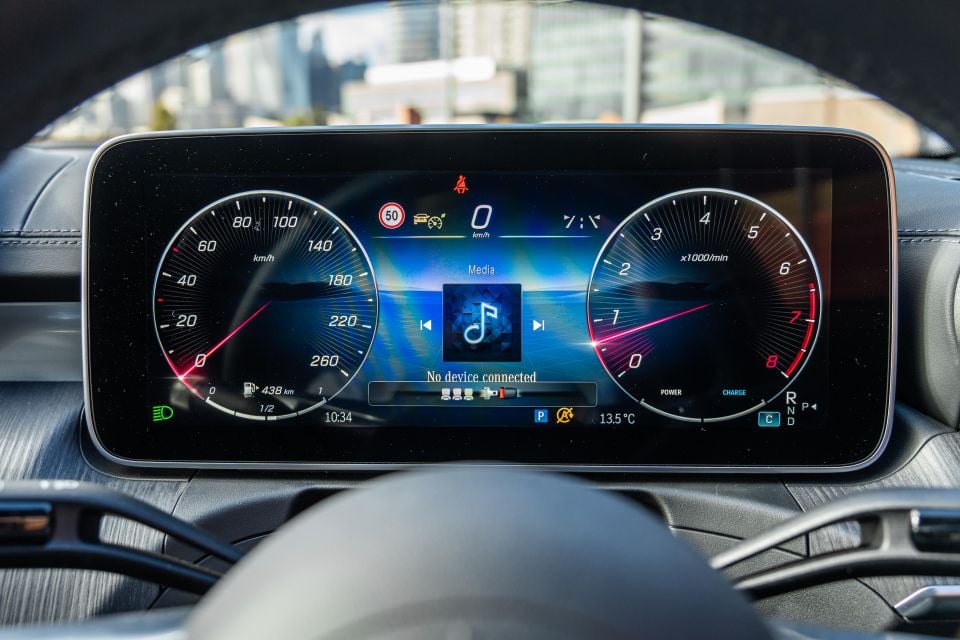
Behind the steering wheel is a free-standing 12.3-inch digital instrument cluster with a familiar Mercedes look and feel. Being MBUX 2.0 there’s a vast array of layouts and widgets debuted in the S-Class.
As we’ve come to expect, graphics are crisp, refresh rates are slick, and there’s plenty of configurability while also retaining its own personality compared to the digital cockpits from rivals.
Comfort up front is good thanks to the well-bolstered, supportive sports seats that come as standard with electric adjustment (including lumbar). Memory settings are standard in the C 300, too.
I found the footwell to be unusually tight though, with my left foot too large to sit on the foot rest without wedging against the plastic lining. The same thing occurred in the GLC, and even the E-Class in my recent testing.

The pièce de résistance is the stunning 11.9-inch portrait oriented touchscreen infotainment system, which juts out of the centre console as if Mercedes has bonded an iPad to the C-Class’s interior.
Running the MBUX 2.0 interface, the system supports over-the-air (OTA) software updates and even features a fingerprint scanner to unlock – much like we’re used to in smartphones.
The look and feel is familiar, but you get a larger display and integrated climate controls over to the first MBUX. It all works pretty well, and you could spend hours flicking through the menus and settings though it’s far less convoluted than before.
Wireless Apple CarPlay and Android Auto are standard, and the former worked well during our loan if with the odd dropout in known dead spots around Melbourne. Connected services and DAB radio are also included.


Despite the medium size classification, the C-Class and its rivals have never been standout for rear practicality. The new C-Class does offer more room than its predecessor, partly thanks to an additional 25mm of wheelbase.
At 6’1 I fit behind my driving position just fine, but if you want more luxurious accommodation you’re better off looking at the more spacious GLC SUV.
Rear air vents, a fold-down armrest with cupholders, rear map pockets, and bottle holders in the door are standard fare, though it’s disappointing a third zone of climate control isn’t available on non-AMG C-Class models locally.
Kids will be fine back there, particularly if they’re in car seats. There’s ISOFIX anchor points for both outboard seating positions, and top-tether points across all three rear pews.
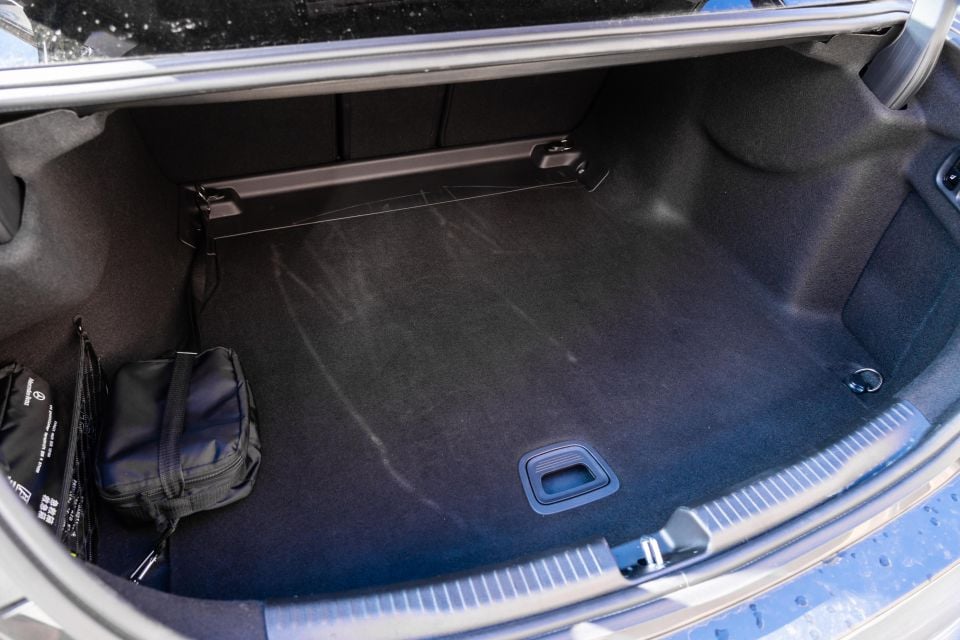
The C-Class Sedan offers 455 litres of boot capacity, which is the same as the previous model.
Unfortunately the C-Class Estate has been culled from the Australian lineup, meaning if you like the C-Class look and feel but want more space for the family’s luggage you’ll have to get a GLC.
As in the previous model, a chunky rear bumper makes for a fairly high loading lip, but the boot is pretty wide and square.
As the C-Class gets run-flat tyres across the range, there’s no spare wheel under the boot floor. Vehicles fitted with the 19-inch AMG alloy wheels (as tested) get a repair kit which includes an air compressor as well.
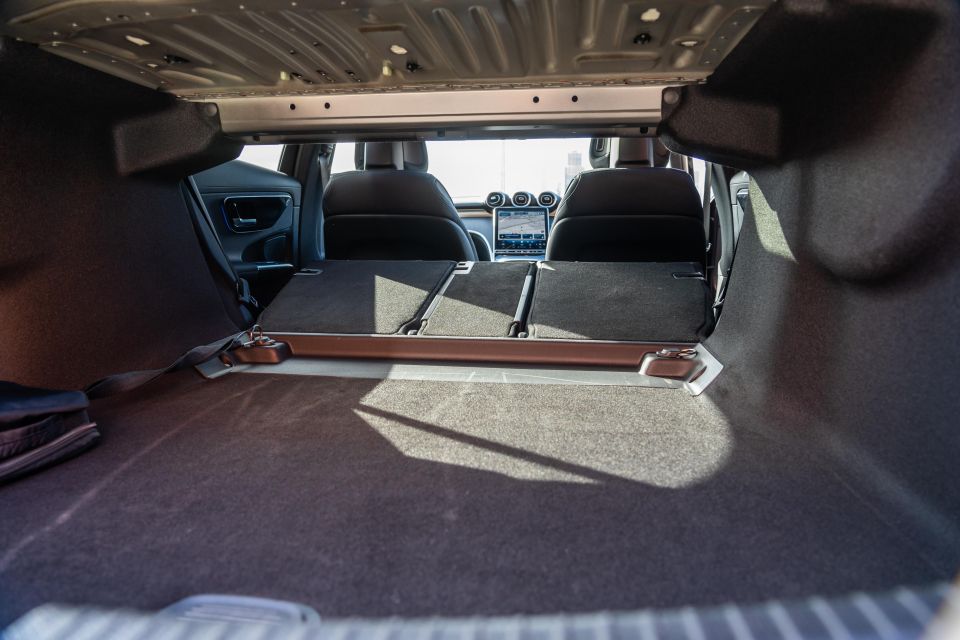
| Dimensions | Mercedes-Benz C 300 Sedan |
|---|---|
| Length | 4751mm |
| Wheelbase | 2865mm |
| Width | 1820mm |
| Height | 1437mm |
| Boot space | 455 litres |
To see how the C-Class lines up against the competition, check out our comparison tool.
The C-Class is four-cylinder only – including AMG models.

| Tech Specs | Mercedes-Benz C 300 Sedan |
|---|---|
| Engine | 2.0L 4cyl turbo 48V MHEV |
| Power | 190kW @ 5800 rpm |
| Torque | 400Nm @ 2000-3200 rpm |
| Transmission | 9-speed automatic |
| Driven Wheels | Rear |
| Weight – tare | 1744kg |
| 0-100km/h – claimed | 6.0 seconds |
| Fuel economy – claimed | 7.3L /100km |
| Fuel economy – as tested | 8.1L /100km |
| CO2 emissions – claimed | 164g /km |
| Fuel tank | 66 litres |
| Octane rating | 98 RON |
To see how the C-Class lines up against the competition, check out our comparison tool.
It may have hot hatch-rivalling outputs and AMG styling, but the C 300 isn’t really an AMG-lite.
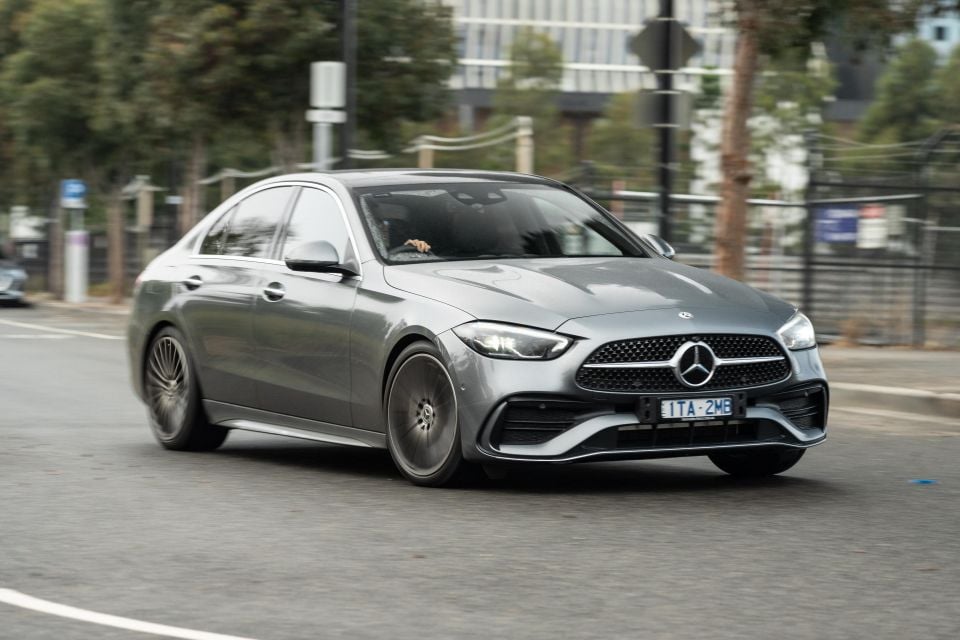
Mercedes-Benz has definitely been going hard on comfort with its recent releases, and the C-Class definitely has more of a mini E- or S-Class vibe about it rather than it trying to go toe-to-toe with the 3 Series.
With 400Nm on tap from 2000rpm and nine ratios to choose from, the C 300 wants to waft along effortlessly rather than have its neck wrung.
Be gentle with it and it’s quite a comfortable and pleasant thing to cruise in. Put your foot down harder than there’s strong acceleration, but I’m not sure it feels 6.0s to 100km/h quick.
The ride is pretty cushy as well, especially in its Comfort setting. There’s a nice soft rebound to the suspension and there’s a touch of roll in corners even in its Sport setting.
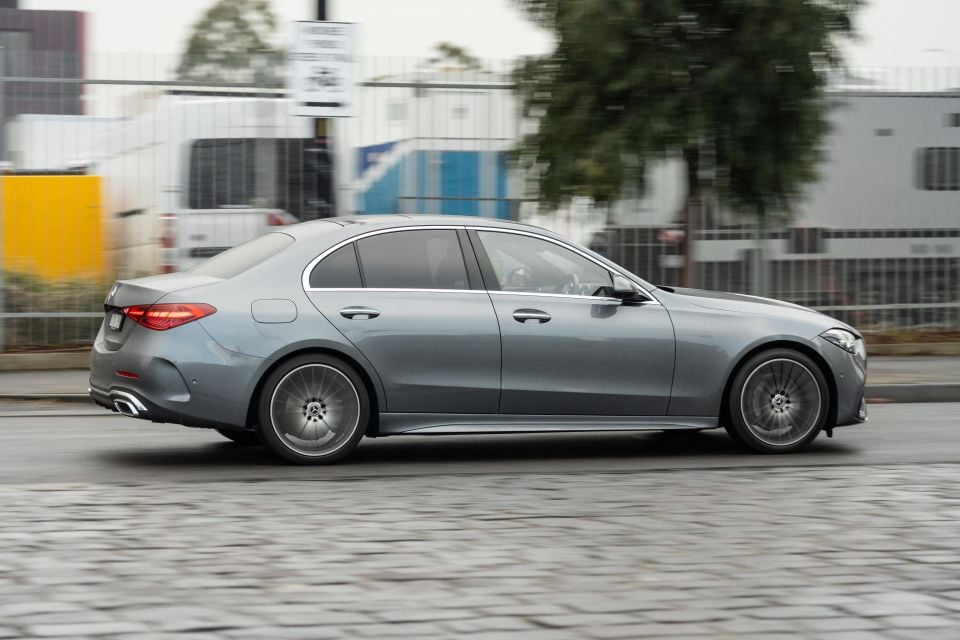
All the driver controls are light and heavily assisted, which makes mundane daily commutes and manoeuvres much easier but also takes away feel.
It all plays into that Benz focus on comfort and driving refinement – if you don’t want to feel super connected to the car and road thanks to a layer of cushioning, it’ll suit your tastes just fine.
Noise from the 2.0-litre petrol engine is pretty well subdued, and only under hard acceleration do you get a whiff of its gravelly note. It’s not as raucous as some other four-cylinder Mercedes models, but it’s not as sweet as the 330i.
The 48V mild-hybrid system helps the C 300 come to a smooth stop when using idle stop-start and fires the engine up again almost imperceptibly. However, despite the 48V architecture it doesn’t seem to be able to keep the engine off for long when at a standstill, which somewhat defeats the purpose of the larger battery in my opinion.
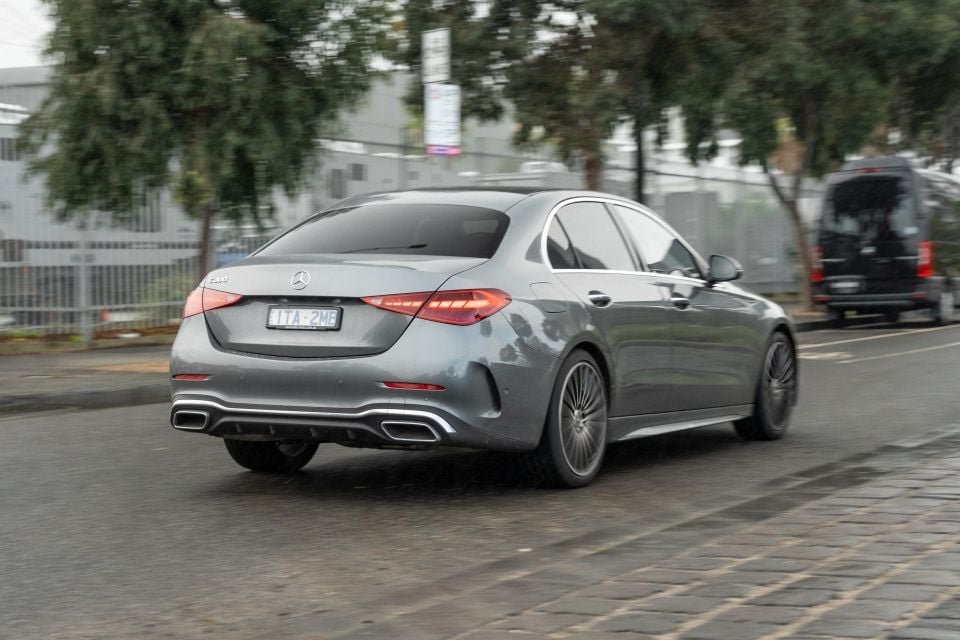
Our test car wasn’t fitted with the optional Plus Package, and therefore missed out on the full gamut of driver assists available on the C-Class.
Adaptive cruise control worked fine but lacks a traffic jam function in its basic form. Likewise the C 300 will keep you away from lane markings but won’t actively centre you in your lane unless you tick the option box.
Blind-spot monitoring and rear cross-traffic assist are handy, as is the standard surround camera system. However it’s pretty disappointing you need to spend more money on a $100,000 car to add assistance features you’ll find on base model Toyotas, Hyundais, and Kias.
The standard LED headlights with auto high-beam are likewise fine, but Mercedes-Benz’s adaptive high-beam tech tied to the optional Digital Light headlights is pretty swish and will help on poorly-lit regional roads.
The C-Class is a sedan-only affair in Australia, with two non-AMG variants offered.


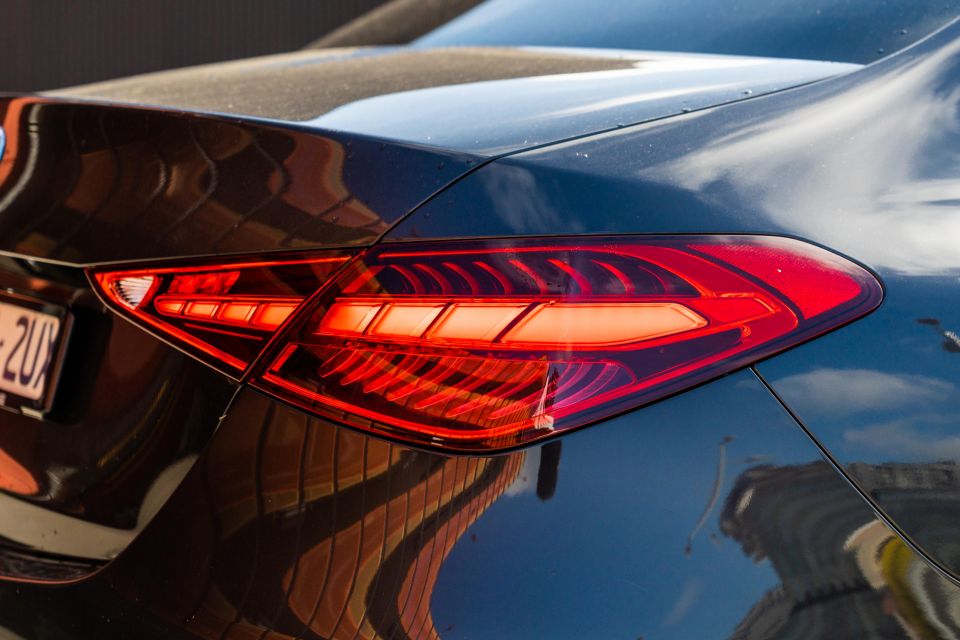

Where expert car reviews meet expert car buying – CarExpert gives you trusted advice, personalised service and real savings on your next new car.
C 200 + C 300 standard equipment:
Exterior
Interior
One main option package is available for the C 200 and C 300.
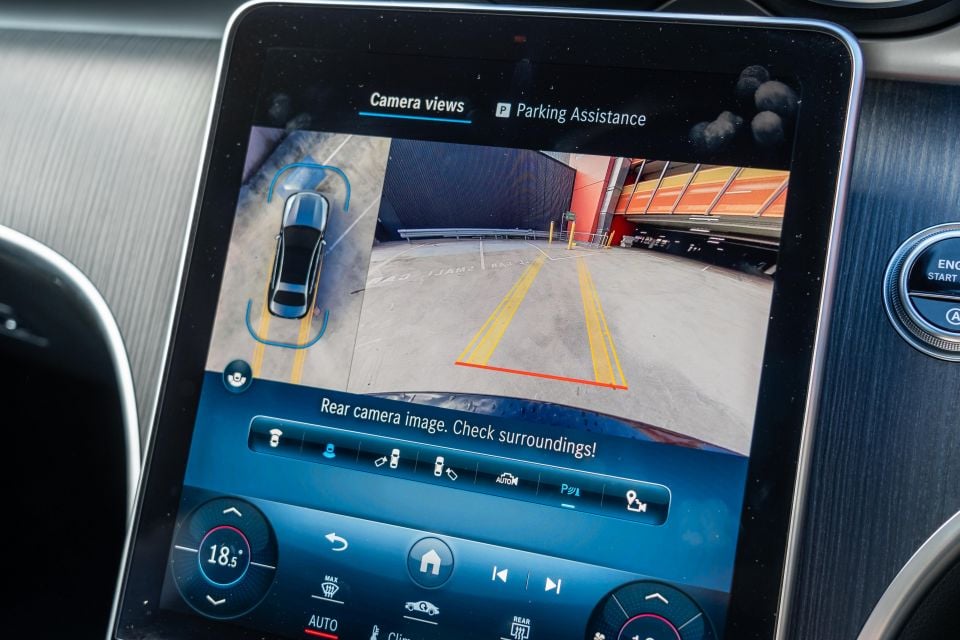
Plus Package: $6900
Manufaktur paint: $1500
The C-Class wears a five-star ANCAP safety rating, based on Euro NCAP testing in 2022.
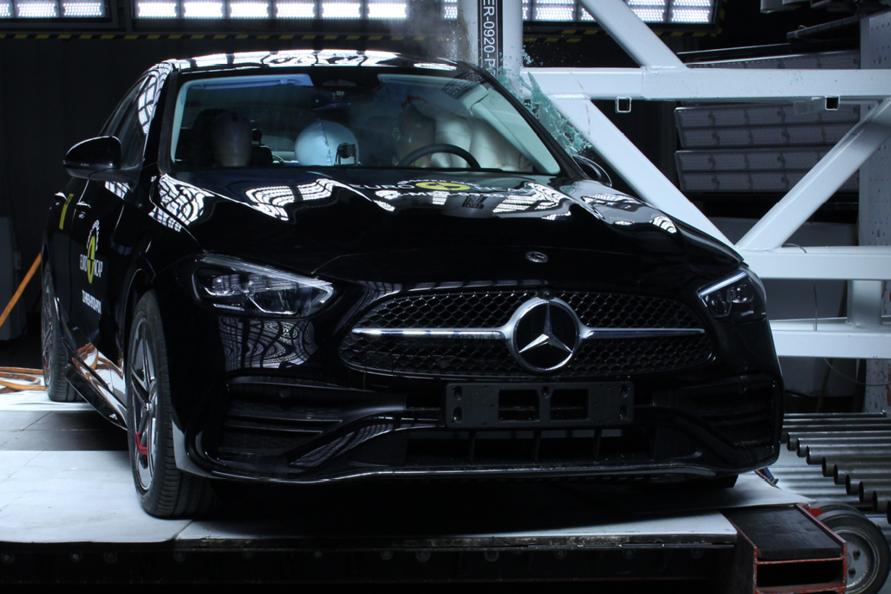
It scored 91 per cent for adult occupant protection, 90 per cent for child occupant protection, 80 per cent for pedestrian protection, and 84 per cent for safety assist.
Standard safety equipment includes:
Plus Package adds:
Mercedes-Benz covers its range with a five-year, unlimited-kilometre warranty in Australia.
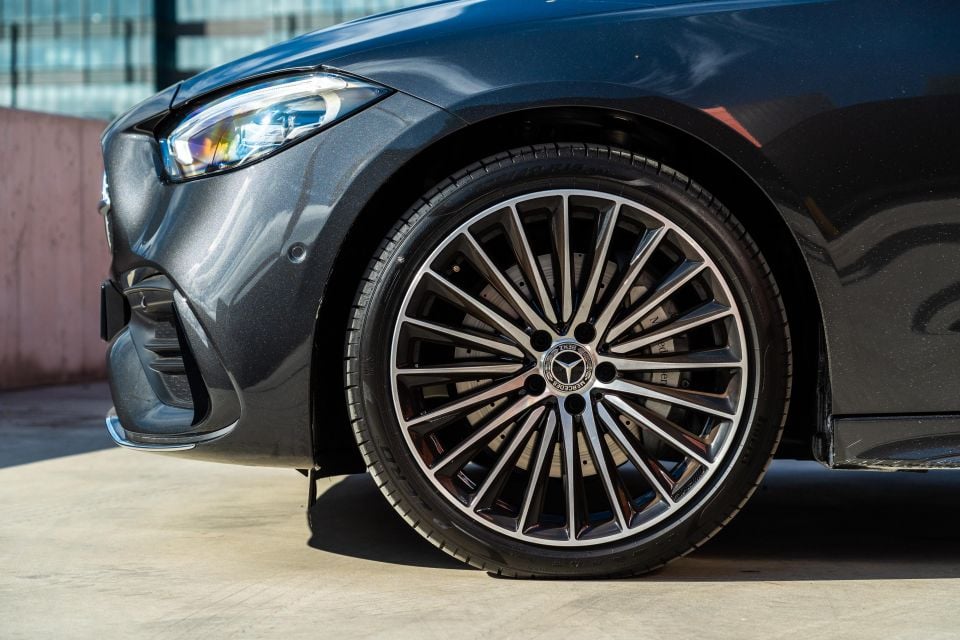
| Aftersales program | Mercedes-Benz C 300 Sedan |
|---|---|
| Warranty | Five years, unlimited kilometres |
| Service intervals | One year or 25,000 kilometres |
| Five-year service plan | $6015 |
Buy your new car without the stress. It's fast, simple and completely free.

Great service from Travis and team, second time I have used this business would not hesitate to recommend them to anyone
Craig C.
Purchased a Ford Ranger in Sunshine Coast, QLD
CarExpert helped Craig save $7,224 on his Ford Ranger, now let us save you on your next new car.
Get your BEST priceThere’s something about some of the latest Mercedes-Benz models that leaves me underwhelmed.
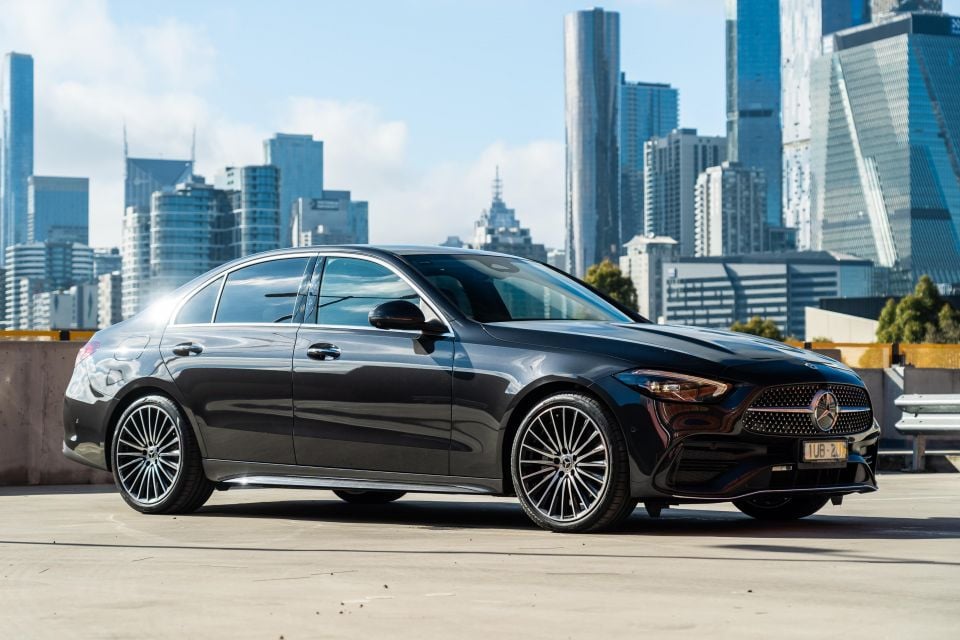
I can appreciate the focus on comfort and refinement, as well as the glossy tech inclusions that seem like a natural progression for rusted-on Benz owners looking to spend up from an older model.
What I can’t really get past is the value equation. The fact the C 300 before optional colours and packages is already more than $100,000 drive-away seems exorbitant to me – not long ago this was where the old AMG C 43 sat.
It’s also disappointing the C-Class lacks a full driver assistance package as standard despite costing what it does.

The lack of the Estate wagon body grates, given there will be plenty of people wanting more boot space but unwilling to spend another $10,000 for a GLC.
You also can’t get a non-AMG Line version anymore so every C-Class in Australia looks just about the same.
There’s no proper hybrid option either, despite a C 300e with 100km of EV range being available abroad. When you’re spending this kind of money, customers should be afforded more choice.

Click the images for the full gallery
MORE: Buy a Mercedes-Benz C-Class MORE: Everything Mercedes-Benz C-Class
Where expert car reviews meet expert car buying – CarExpert gives you trusted advice, personalised service and real savings on your next new car.
James is an automotive journalist based in Melbourne, Australia. Before joining CarExpert.com.au in 2020, James has worked at leading auto media outlets including Carsales and CarAdvice, as well as at Pulse agency for Ford Australia's communications team. In 2019 James made Mumbrella's 'Top 20 most prolific web authors in Australia' list after publishing 1,360 articles between March 1, 2018 and February 28, 2019 for CarAdvice. James is also an Ambassador for Drive Against Depression – an Australian charity whose mission is to support mental wellness through the freedom of driving and a shared love of cars.


Alborz Fallah
2 Months Ago
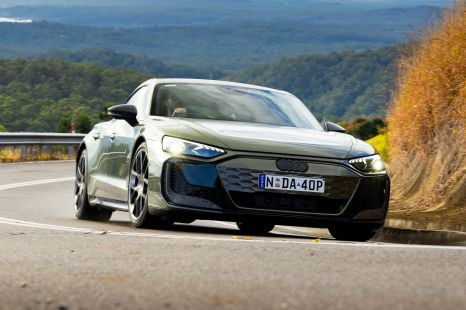

James Wong
1 Month Ago
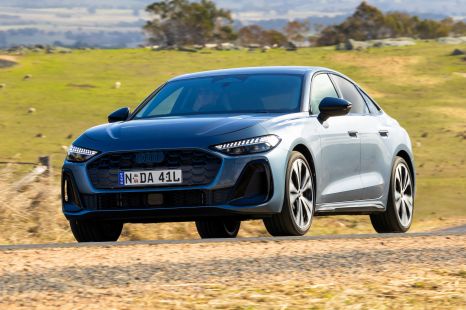

James Wong
1 Month Ago
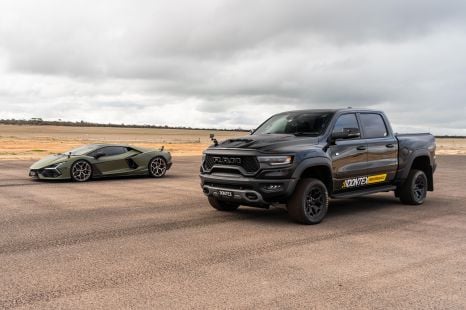

Paul Maric
23 Days Ago


Matt Campbell
14 Days Ago
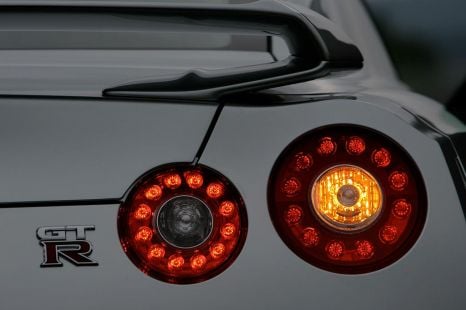

Damion Smy
6 Days Ago